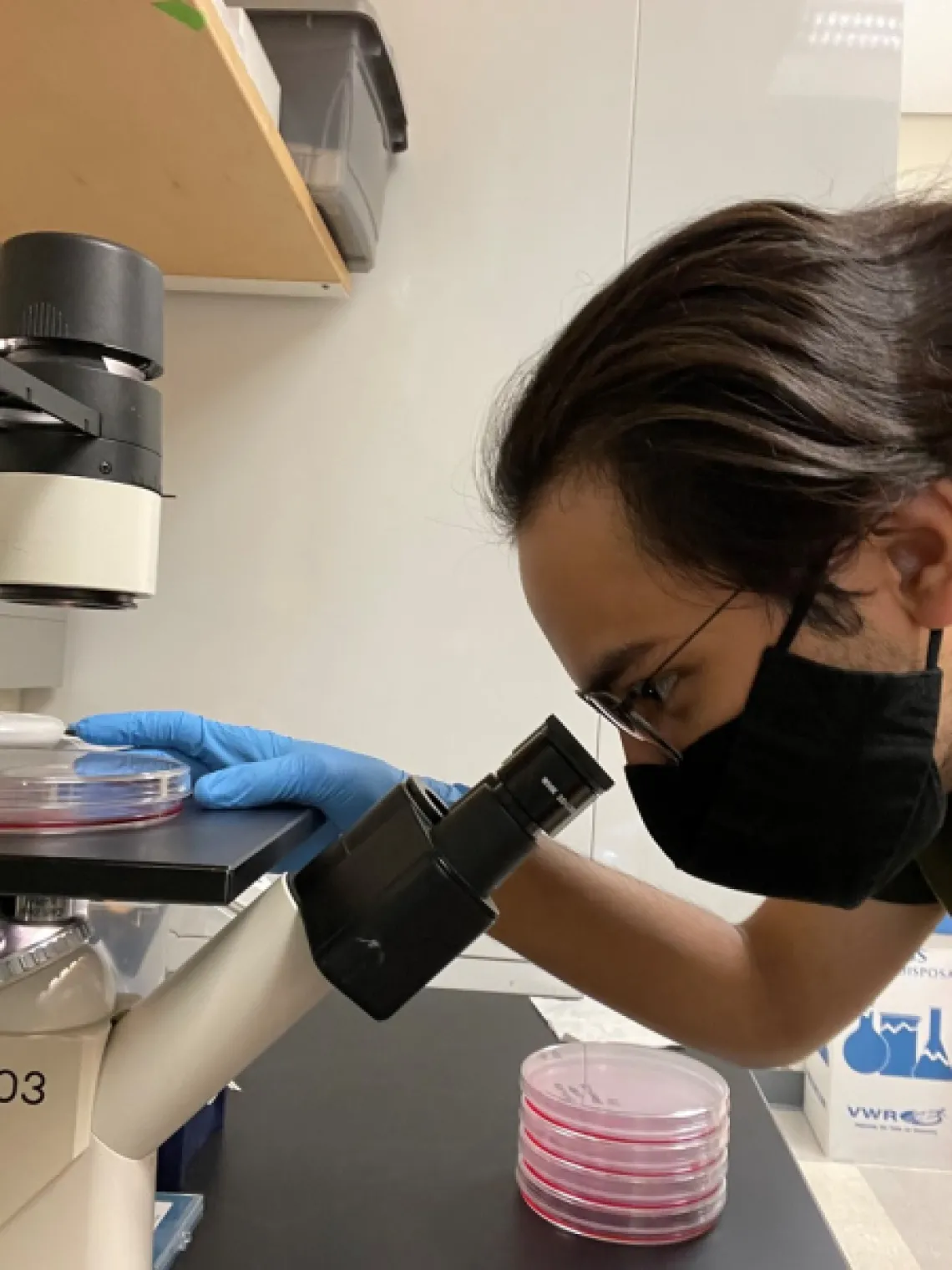Nicholas Armas Ronald E. McNair Achievement Program

Throughout the past few months and into the summer semester, I was given the opportunity to be a part of the Ronald E. McNair Achievement Program here at the University of Arizona. The program, McNair for short, is a program dedicated to students from underrepresented background and groups in graduate education who want to pursue a Ph.D. Also being a program of the Undergraduate Research Opportunities Consortium (UROC), the research was sponsored through the U.S. Department of Education, Federal TRIO Programs, Grant #P217A170284 – a source of yearly funding for the program.
My time at the program thus far has been beneficial to my development as a student and professional in my field. Despite being in a pandemic in Spring 2020, the McNair faculty helped improve my ability to synthesize primary literature and be able to present it in a succinct manner. Granted, the spring semester was just preparation for the summer, especially with the McNair Scholars Conference hosted by UCLA at the end of July 2021. However, during the spring semester is where McNair helped me find a research mentor to begin working towards my summer project and presentation.
Together, my research mentor, Dr. John Purdy, and the rest of the Purdy lab have developed the project relative to understanding an enzyme’s (fatty acid elongase 5) necessity in a cellular environment that has been hijacked by a virus, namely HMCV, the Human Cytomegalovirus. The research has been productive, but also has given me significant insight into the world of scientific research – the ups and downs, the expected and the unexpected, the what-went-rights and what-went-wrongs. It has been a great experience so far, with my research ideally continuing into my Senior Capstone and presentation!
In summer specifically, it has been a full-time endeavor, where primarily I research at the Purdy Lab mainly under Dr. Yuecheng Xi, a Postdoctoral associate, who has been teaching me about not just lab technique but helped me in understanding the “why” behind any experiment. Both Dr. Xi and Dr. Purdy have significantly improved my ability to discern favorable and unfavorable experimental results. As the research continues to progress, I anticipate the day the results lead towards eventual conclusions about our hypotheses.
Although there is still much to come with being a scholar in the Ronald E. McNair Achievement Program, I am thankful for the opportunities they have already presented me and the lessons that I have learned. I anticipate, albeit with rightful nervousness, the process of graduate school applications and the insight McNair will offer to myself and my cohort. Lastly, I want to thank my mentor, Dr. John Purdy, and the rest of the Purdy Lab: Dr. Yuecheng Xi, Ian Kline and Max Wegner.






